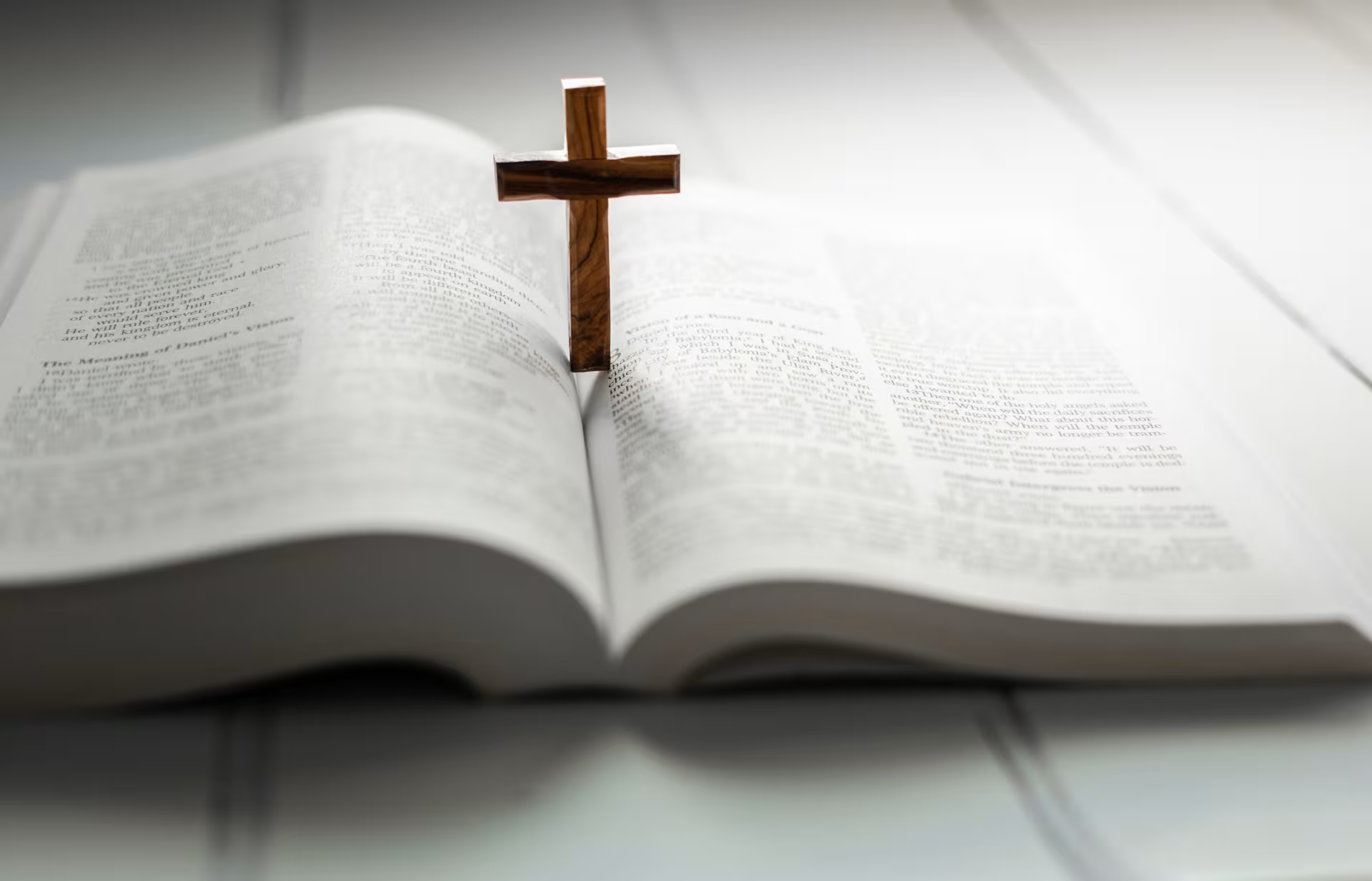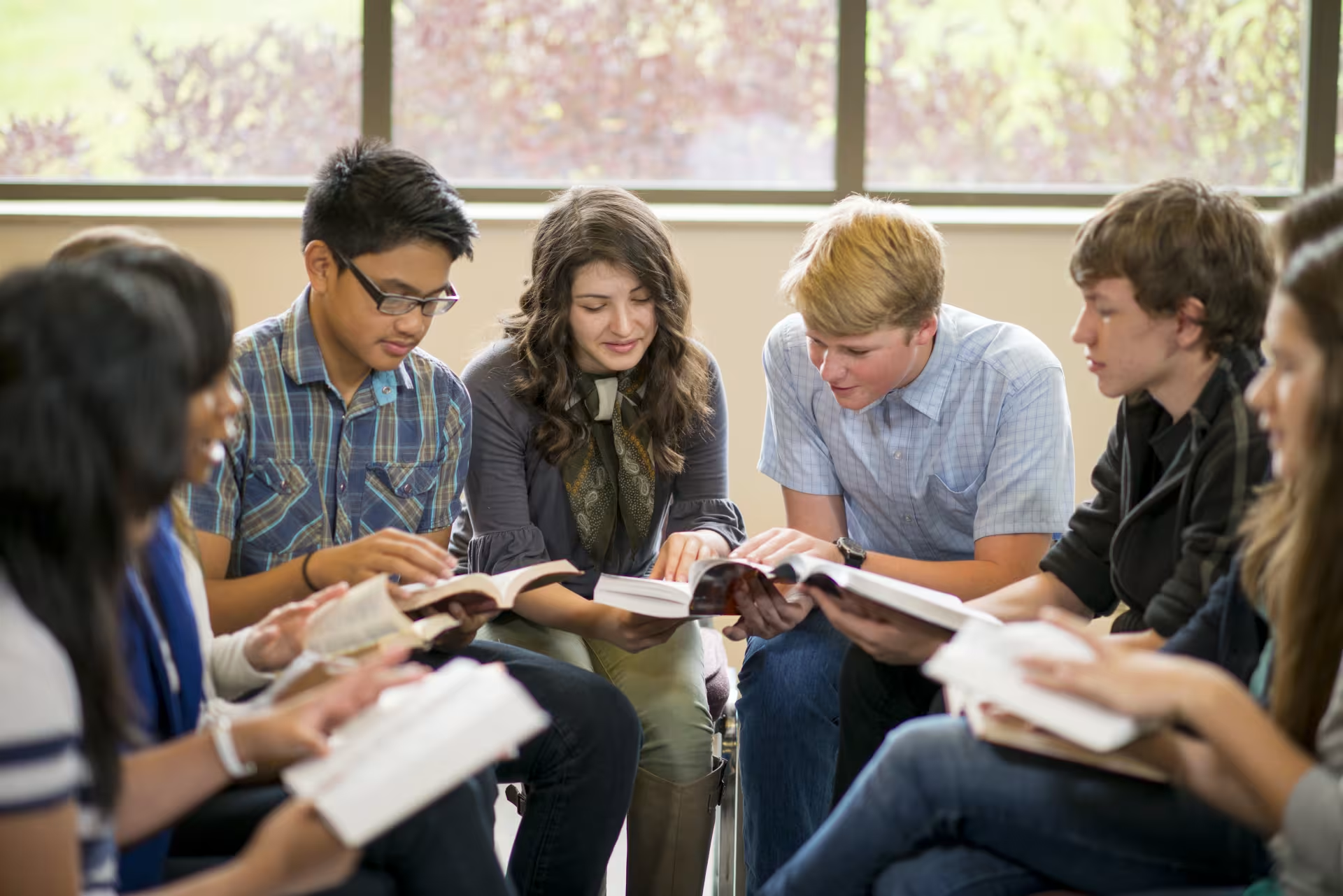It’s a short verse — just three words (1 Thessalonians 5:17), “Pray without ceasing” — but it carries a weight that can feel overwhelming. This line in scripture often leaves us asking, How do I pray like that? What does it look like to pray constantly, especially when life is so full? Is it even possible to pray like that?
What Does Prayer Look Like?
Growing up, the way I was raised and in my church, prayer was quiet. That is what I was taught. Hands folded, heads bowed, words chosen and whispered in a respectful and specific cadence. I believe it was taught to me in that way to guard against temptation. It was also sacred, and still is, but as I’ve grown, I’ve realized that prayer doesn’t always look like that. It can be simple. It can be silent. It can be messy. And it can happen anywhere, even out loud.
The pray without ceasing verse isn’t about kneeling, folding your hands and closing your eyes — it’s about talking to God. It’s about being aware of Him in every moment, not just the ones we set aside for devotion. It’s about building a habit of turning our thoughts, worries and joys toward Jesus throughout the day and reveling in His power.
How Do I Pray When I Don’t Have the Words?
One of the most comforting truths I’ve learned is that prayer doesn’t depend on our eloquence (although, as a professional writing major, this comes in handy quite often). Sometimes we don’t know exactly what to say. Sometimes we’re too tired, overwhelmed or confused to form the right words. Or maybe you’re not gifted in that way, and that’s okay!
Scripture reminds us that the Holy Spirit and Jesus also intercede for us. This means that they mediate between us and God the Father, that they talk to Him for us when we can’t formulate our thoughts.
Romans 8:26-28 affirms this and says, “In the same way, the Spirit helps us in our weakness. We do not know what we ought to pray for, but the Spirit himself intercedes for us through wordless groans. And he who searches our hearts knows the mind of the Spirit, because the Spirit intercedes for God’s people in accordance with the will of God. And we know that in all things God works for the good of those who love him, who have been called according to his purpose.”
That means even when we can’t articulate what we’re feeling, God knows. He knows exactly what we’re trying to pray for.
So if you’ve ever asked, How do I pray when I don’t know how? — you’re not alone, and there is a universal solution. Prayer can be as simple as a sigh, a thought, a moment of stillness. It can be a whispered “thank you” or a silent “help.” It doesn’t have to be perfect at all. It just has to be for God.
The Protestant theologian Martin Luther once said, “To be a Christian without prayer is no more possible than to be alive without breathing.”(See disclaimer 1) That’s the kind of prayer life we’re invited into — constant, and not pressured, but breathing.
Building the Habit of Prayer
It is so easy to fall into the pattern of praying only when we need something. When we’re stressed and scared, prayer comes naturally. And this does please God, but to pray without ceasing means praying in all things, not just the desperate ones.
We should pray when we’re grateful. We should pray when we’re joyful. We should pray when we’re uncertain, and when we’re content. Prayer then eventually becomes a rhythm, a habit, a way of life. It’s not just a spiritual emergency button — it’s a daily conversation, and that is exactly what God wants.
Prayer at GCU
At Grand Canyon University, we’re surrounded by a rich diversity of prayer styles. Some pray aloud, some in silence. Some arms raised, some hands folded. Some journal, some sing. In all of it, God listens. The form doesn’t matter nearly as much as the heart behind it.
So today, whether you’re walking to class, sitting at your desk or winding down for the night, take a moment. Breathe. Reflect. Pray. Let it be simple. Let it be real. And let it be constant.
Pursue Prayer
Discover how GCU can help equip you on your spiritual journey today.






